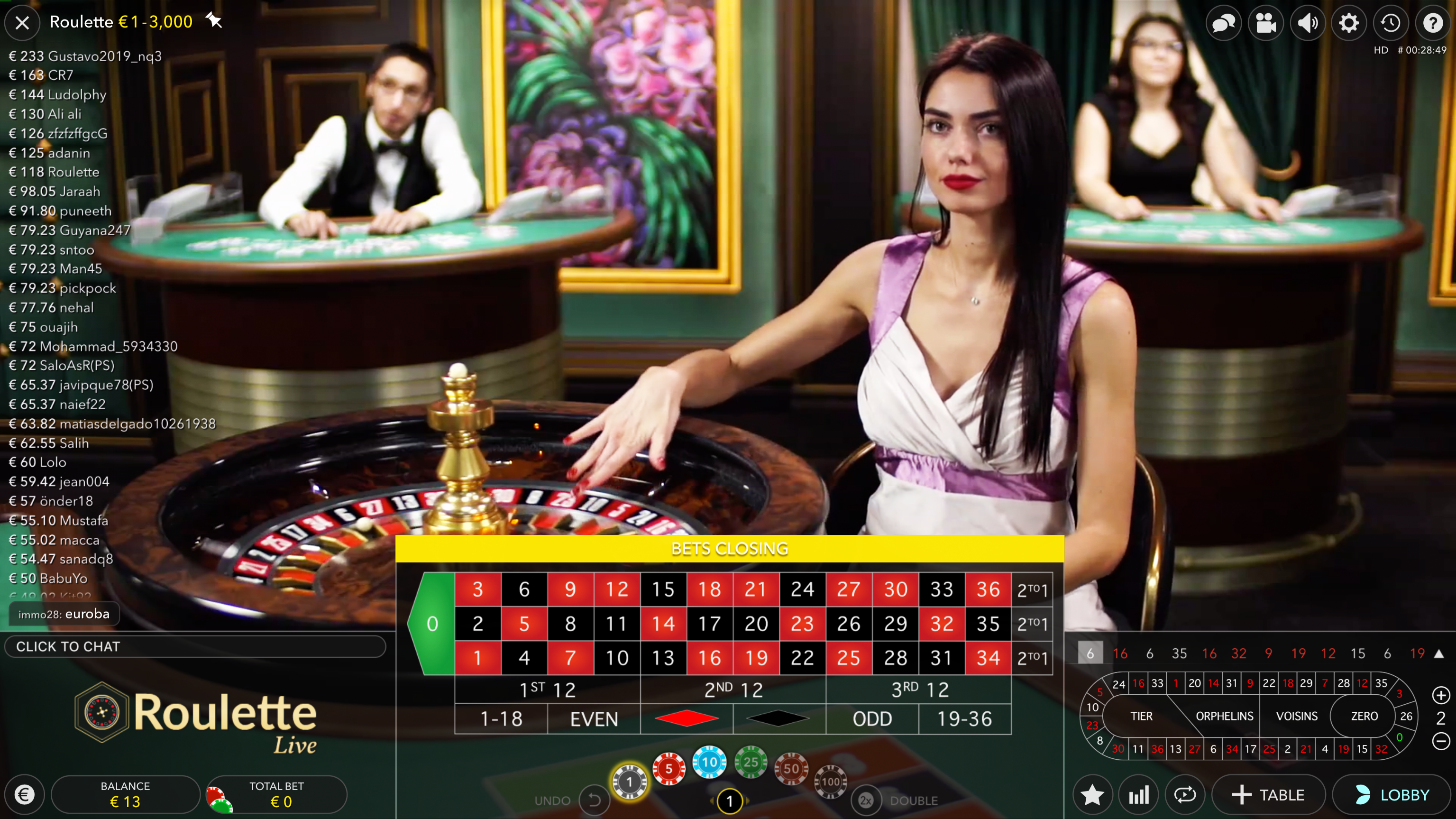
Casino games have long been a fascinating form of entertainment, drawing countless of players from varied cultures around the globe. From the opulent casinos of Las Vegas to the thriving gambling halls of Macau, these games serve as a bridge that connects people across different backgrounds. The allure of luck, tactics, and gambling entices not only those seeking to gamble for profit but also those seeking a feeling of belonging.
The significance of casino games extends significantly past the gaming floor. They often embody the cultural standards and traditions of the communities in which they prosper. Games such as Texas hold ’em, blackjack, and roulette have woven themselves into the fabric of popular culture, influencing various aspects from movies to style. As we explore this captivating intersection of luck and society, we can comprehend better how gambling games shape and are influenced by the environment surrounding us.
Historical Evolution of Gaming Games
The origins of gaming games can be followed back to historical cultures, where betting in various forms was extensively performed. In the East, around 2300 BC, a type of gambling known as Keno was common, while in old Rome, soldiers would frequently wager on the consequences of their games. The concept of using luck for amusement and gain developed over the ages, leading to the formation of more formal games. By the end of the Middle Ages, gambling houses began to emerge in European nations, particularly in the Italian peninsula, which introduced early forms of popular activities still enjoyed today.
As gambling increased recognition in European regions, the 17th and 18th centuries saw the rise of gaming houses as specialized establishments for betting. The first official gaming venue, the Ridotto, was set up in the city of Venice in the year 1638, offering activities like Baccarat and Faro. This era marked a significant turning point, as gaming venues began to draw not just the wealthy but also the burgeoning middle-income class. The sophistication of activities grew, leading to the development of new regulations and modifications that improved the play experience.
In the 19th century, the industrial age and transformations in social conventions further transformed the terrain of casino activities. The introduction of the game of roulette and contemporary gaming machines pulled in a larger crowd, and gambling establishments became seen as legitimate recreation. This time witnessed the globalization of gambling, as casinos expanded from Europe to the Western Hemisphere, culminating in the development of the famous Las Vegas Strip in the 20th century. The progress of gambling activities has persisted into the modern era, incorporating modern technology and digital sites, making them open to a universal market.
### Cultural Importance within Different Cultures
Gambling games have deep-rooted social significance across numerous cultures throughout the globe. For instance, in Las Vegas, the very essence of the urban landscape is woven around casinos, where gaming is not just a pastime but a fundamental aspect of leisure and social interaction. The dazzling lights and dynamic atmosphere attract a vast audience, showcasing how games of chance can influence local financial landscapes and cultural uniqueness. This setting transforms the notion of leisure into an engaging event that influences style, melodies, and even cinema.
In contrast, some communities treat wagering with an air of caution, viewing it through the lens of morality and heritage. A case in point, in various Asian communities, games like Mahjong and Pai Gow Poker are full of history and have significant social implications. These games are often played during meetings and occasions, fostering collective connections and solidifying familial ties. The act of playing these games goes above mere leisure, reflecting principles such as deference to seniors and the significance of communal fun.
Simultaneously, in European countries such as the principality of Monaco and the Italian Peninsula, gambling activities serve as symbols of wealth and sophistication. The refined atmosphere of these locations attracts both travelers and locals, maintaining a sense of distinction and exclusivity. The art of Texas Hold’em and the strategic elements of games like banker’s game are celebrated, influencing community relationships and establishing an attraction that enthralls a heterogeneous audience. bookies not on GamStop This highlights how casino games can both mirror and shape societal views towards danger, benefit, and social interaction.
Economic Impact and Tourism
Casino games play a important role in the economic landscape of many regions, particularly those that rely heavily on visitor traffic. The revenue generated from gambling establishments fuels local economies, creating employment opportunities not only within the casinos but also but also in related sectors such as hospitality, dining, and recreation. This influx of tourists, drawn by the allure of games and the overall gaming environment, stimulates spending across multiple businesses, contributing to the economic vitality of the area.
The presence of casinos often leads to the construction of infrastructure, including hotels, transportation systems, and recreational facilities. These improvements are essential in improving the overall tourist experience, making locations more appealing to tourists. Additionally, many casinos contribute in local communities through support of events and philanthropic activities, further integrating themselves into the social fabric of the locality. Such contribution not only supports economic growth but also fosters a positive image of the casino industry.
Moreover, the worldwide appeal of casino games drives tourism competition, with regions vying to attract players from across the globe. Iconic locations like Las Vegas and Macau have become synonymous with gambling culture, drawing millions each year. This advantage encourages innovation and variety within the gambling sector, influencing developments in leisure and accommodation that resonate beyond their limits. The consequences of this tourism extend wide, impacting local financial health and cultural exchanges on a worldwide scale.